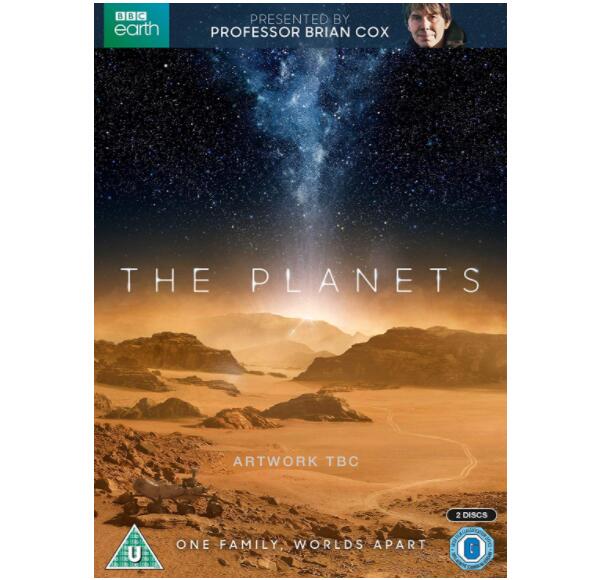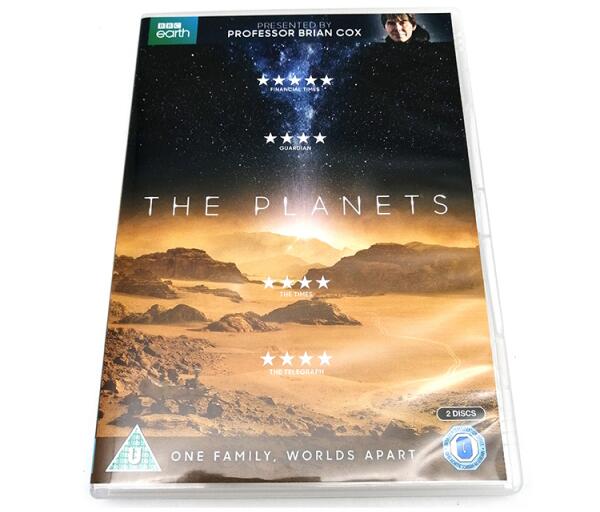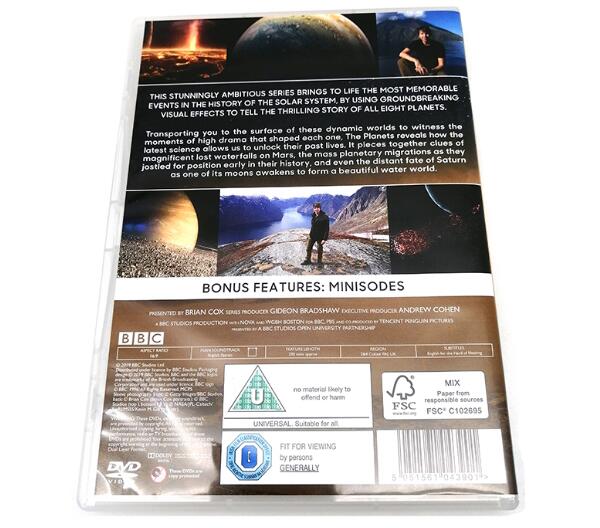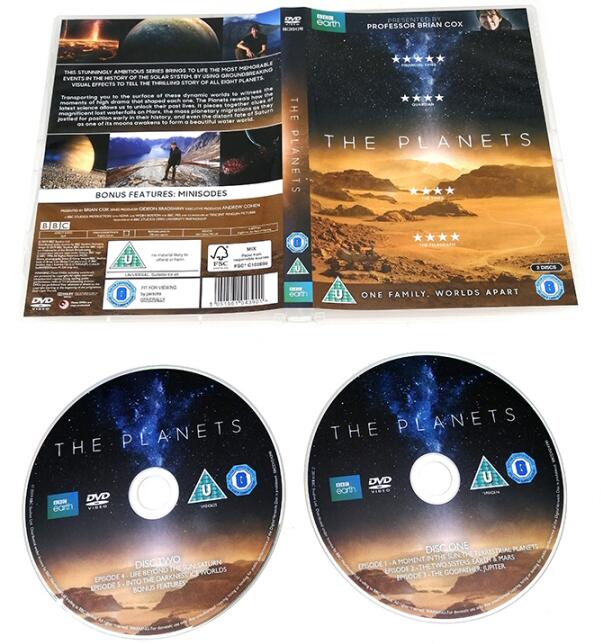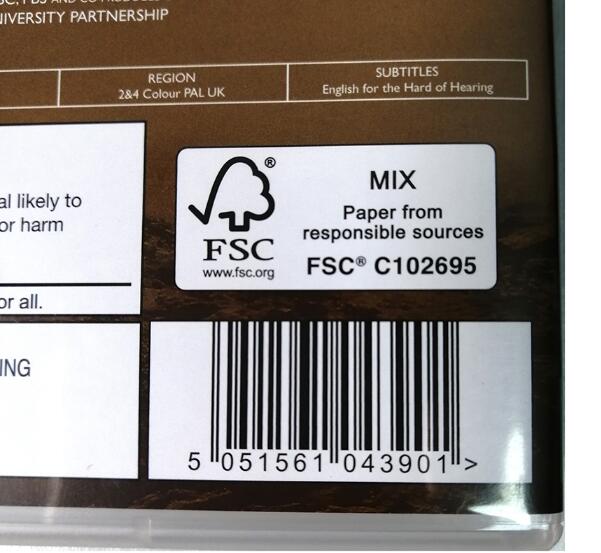The Planets – UK Region
DVD Wholesale Quick Overview:
verything is relative. I believe a physicist once even came up with a theory in this area. Relativity was the unspoken subject in The Planets (BBC Two), in part one of which Brian Cox supplied a potted biography of our (relatively) near neighbours. The universe has been around for 14 billion years, but Earth, he said, for only four billion of those. So we are, relatively speaking, galactic newbies.
I put that in my pipe and smoked it as Cox proceeded to explain a thing or two about Mercury, Venus and Mars, which we think of as being one thing but at one time were quite another. Mars, which Matt Damon found so fiendishly inhospitable in the 2015 film The Martian, once flowed with cascading rivers. It used to rain on Venus. Mercury is the really weird one. Owing to the loopy shape of its orbit, its temperature varies by 500 degrees Celsius and its day – get this – is twice as long as its year.
A big question for The Planets, though maybe not the biggest, for is one of outreach. Would it speak to those who, naming no names, seem to remember failing their physics O Level back in the day? On the whole, the answer is yes. Whenever I hear the word “quark” I tend to do a massive runner. But Cox spoke slowly and clearly and illustrated his points from a variety of spectacularly remote locations, with the result that only a couple of times did one’s brain turn to Venusian fog.
Professor Brian Cox in Lanzarote, where the dark, finely ground volcanic soil is similar to the powdery regolith of Mercury
Professor Brian Cox in Lanzarote, where the dark, finely ground volcanic soil is similar to the powdery regolith of Mercury CREDIT: MARTIN JOHNSON
The dazzling visuals on hand to illustrate this sort of lecture are now (relatively) simple to summon up, and as a result can sometimes appear facile. The CGI, however spectacular, paled into insignificance next to the stunning images sent back by actual probes visiting Mercury, Venus and, most unbelievably of all, from one of Saturn’s moons.
The good news is that Titan (the biggest of Saturn’s moons), as it’s known, may one day bloom with life. It already has methane lakes and mountains fashioned from frozen water. The bad news is that the sun will have to explode and expire in order for this to happen, which will mean curtains for Earth. And given that this even is scheduled for five billion years hence, it’s all going to kick off relatively soon.
DVD Wholesale Main Features :
Format: PAL
Language: English
Subtitles For The Hearing Impaired: English
Region: Region 2
Aspect Ratio: Unknown
Number of discs: 2
Classification: U
Studio: BBC
DVD Release Date: 1 July 2019
Run Time: 290 minutes
ASIN: B07SCPC4Q6
